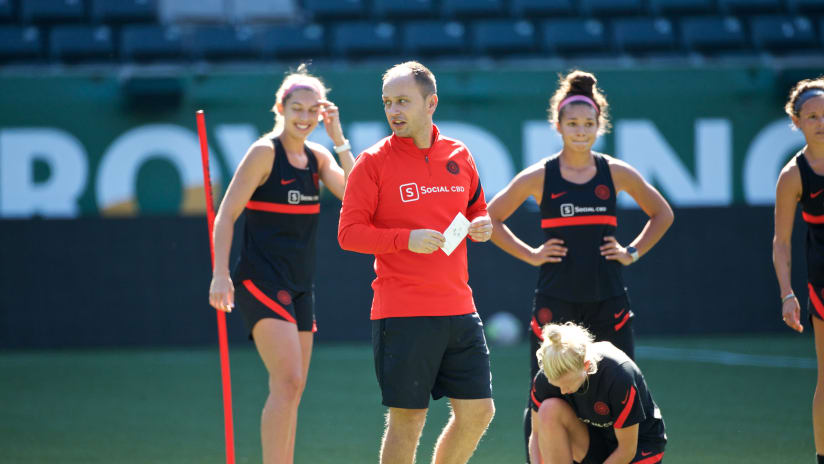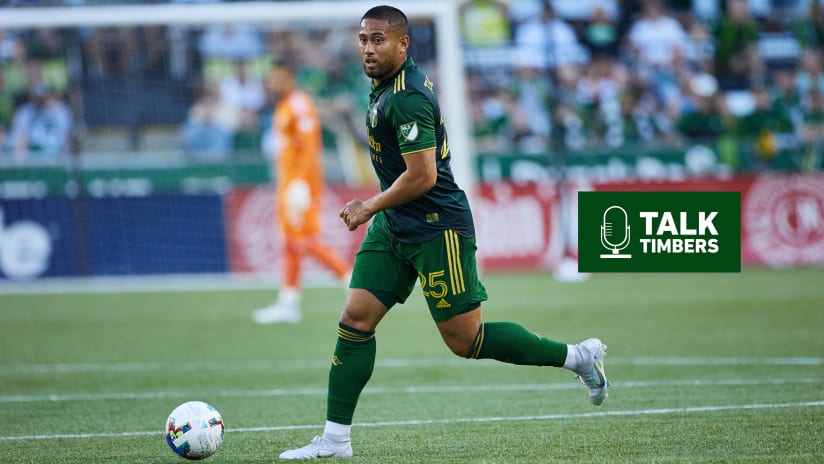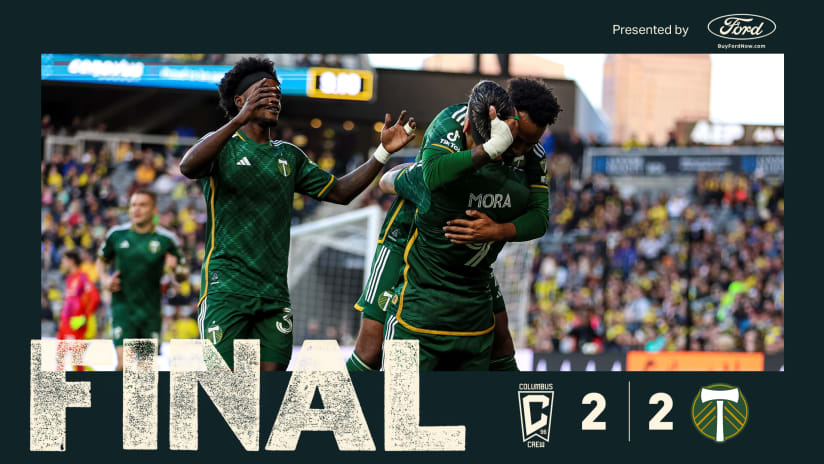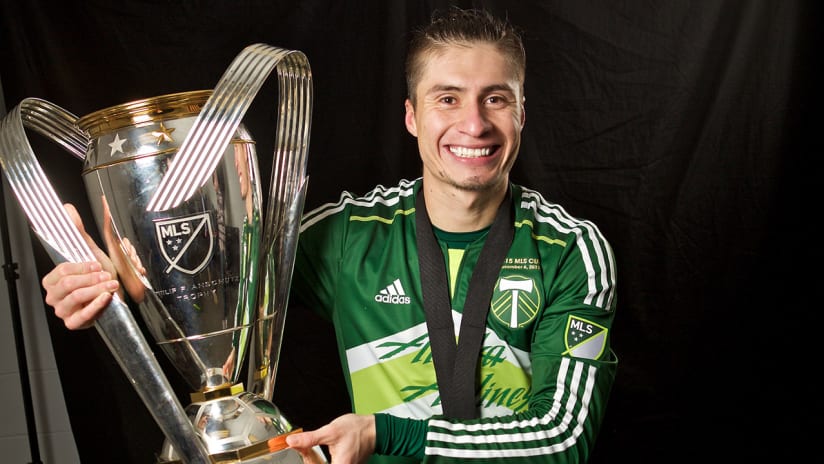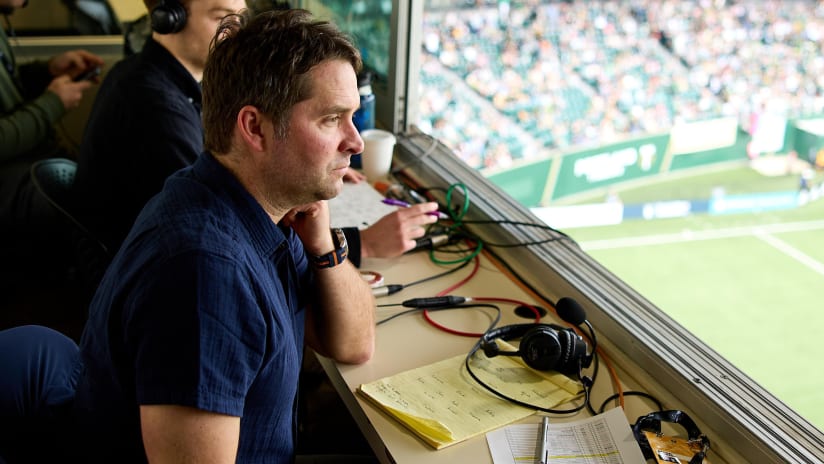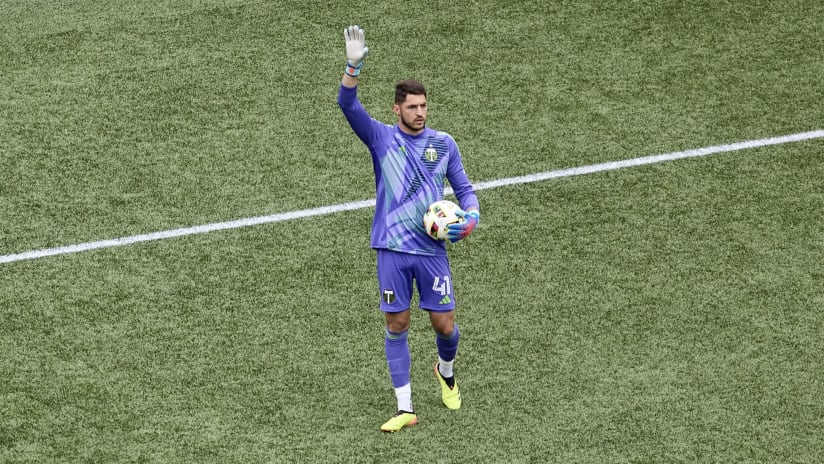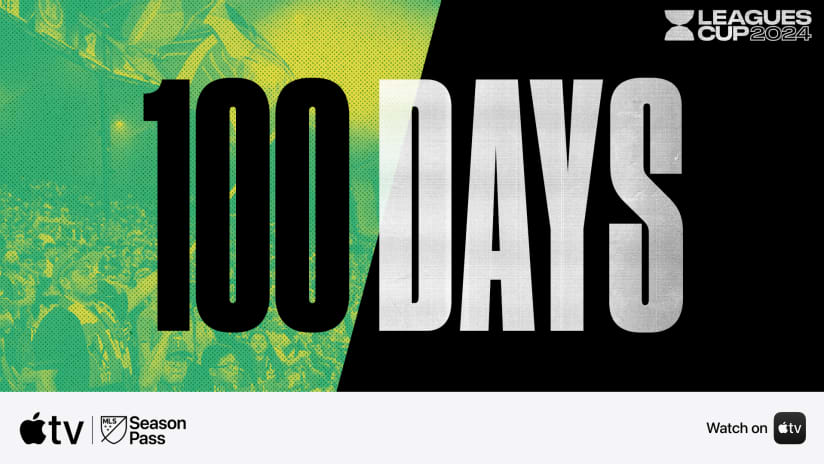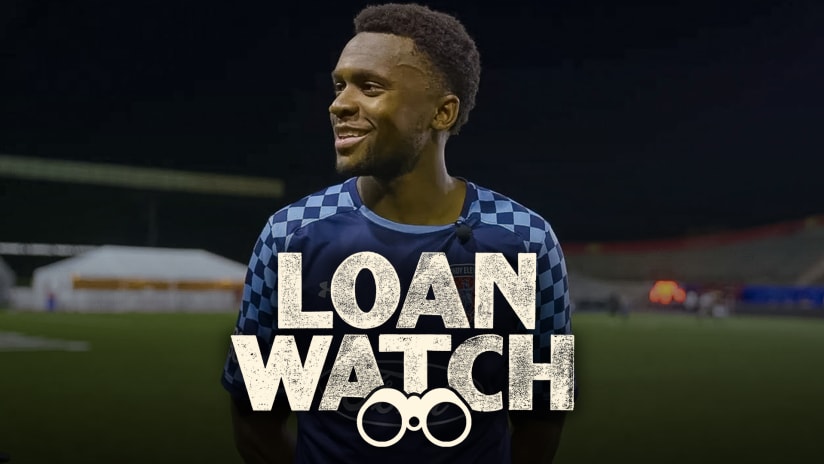PORTLAND, Ore. – There won’t be any playoff spots at stake. There won’t be a champion. The race for the NWSL Shield will have to wait until next year. But there are games ahead for Portland Thorns FC and the rest of the National Women’s Soccer League – a Fall Series that will see each team play four games within regional pods.
Within those games, Mark Parsons’ goal is clear. “It's growth,” the Thorns head coach says, when asked how he’ll measure success in the coming Fall Series. “It's a boring answer, but [growth] truly is the driver of us.”
This is the path Portland set itself down when the team traded for the top two picks in January’s College Draft. Two attackers, Sophia Smith and Morgan Weaver, were eventually selected in those spots. Even if 2020 played out as normal, growth would have been a priority.
Now, it’s the priority. Though victories in the coming week over OL Reign and Utah Royals FC would be a sign of progress, it won’t be a bottom line. The underlying process will be just as important, leaving Parsons intent on maintaining the right balance.
“I think last year, we were more focused on outcomes, which was my fault,” he admits. The team’s third-place finish in the 2019 regular season was its worst under Parsons. “That led to what happened.
“We have been obsessed with growth this year. We have been very dedicated and excited about finding new ways to push and develop individually and collectively. The collaboration between players and the staff, and the staff and the players, is as strong as ever.”
Some of that growth was evident in Utah. It was evident in the emergence of individuals like goalkeeper Bella Bixby and defender Kelli Hubly, but it was also evident in how the team performed in two-thirds of the field. Both in defense and midfield, the team performed as well as anybody at Challenge Cup.
The attack, though, underperformed. Though most teams’ goal scoring was below expectations in Utah – with only two of the Challenge Cup’s eight teams averaging more than a goal-per-game during the preliminary round – the Thorns’ attack struggled more than most. Only one team scored fewer goals than Portland (two) over the tournament’s first four games, and the Thorns left Utah having scored only three times in six games.
“The final third and finishing is a specific area we're targeting,” Parsons said, admitting his team’s attack “definitely was not good enough” in Utah.
“If we had scored in [Challenge Cup’s] second game, against Chicago, I think we would have gone on [to score more],” Parsons said. “The emotional part of the final third, the mental part, I think we would have gone on to score a few more goals ...
“But we wouldn't have been more cohesive ...,” he said, drawing the contrast between process and results. “Not only were we not in full stride – you can't replace minutes on the pitch, training principles over and over, and trying to get new players adjusted – but then, [there was] the psychological aspect.”
There are other areas of focus, too. “There are a couple of things in the defensive side,” he explained, and in talking through some scenarios he witnessed in Utah, Parsons described where the team’s style could be more consistent. “There were a few games when we stopped playing as aggressive and brave with the ball,” he said, tying both qualities to the identity he wants to develop.
“Brave all the time,” he says. “Attacking, aggressive with possession. Attacking, aggressive without possession. All the time … It's a mindset. It's a lifestyle.”
It’s also a process. At the end of last season, goal scoring was the Thorns’ biggest issue. Portland scored once over the last six games of their 2019 season. Afterward, the attack was largely rebuilt, with major pieces leaving before Smith and Weaver’s arrivals.
But Smith was unable to play in Utah. A knee injury kept her on the sidelines. And for Weaver, Challenge Cup was her first professional minutes. Combined with a planned signing from Europe, each were supposed to be key pieces in a new attack.
But that new attack would need time to gel, a process that was supposed to play out over a 24-game season. With that season wiped out, games like the Fall Series’ become more important
“These games, we want to be better than we were in the tournament,” Parsons says. “We want to be defending better, attacking better … We just want to make sure that we're very brave throughout [the Fall Series].”
What that bravery means in the long run, we won’t know until next season. But for Parsons, it’s part of the team’s growth. And that growth will be most important part of the Fall Series for Portland.

